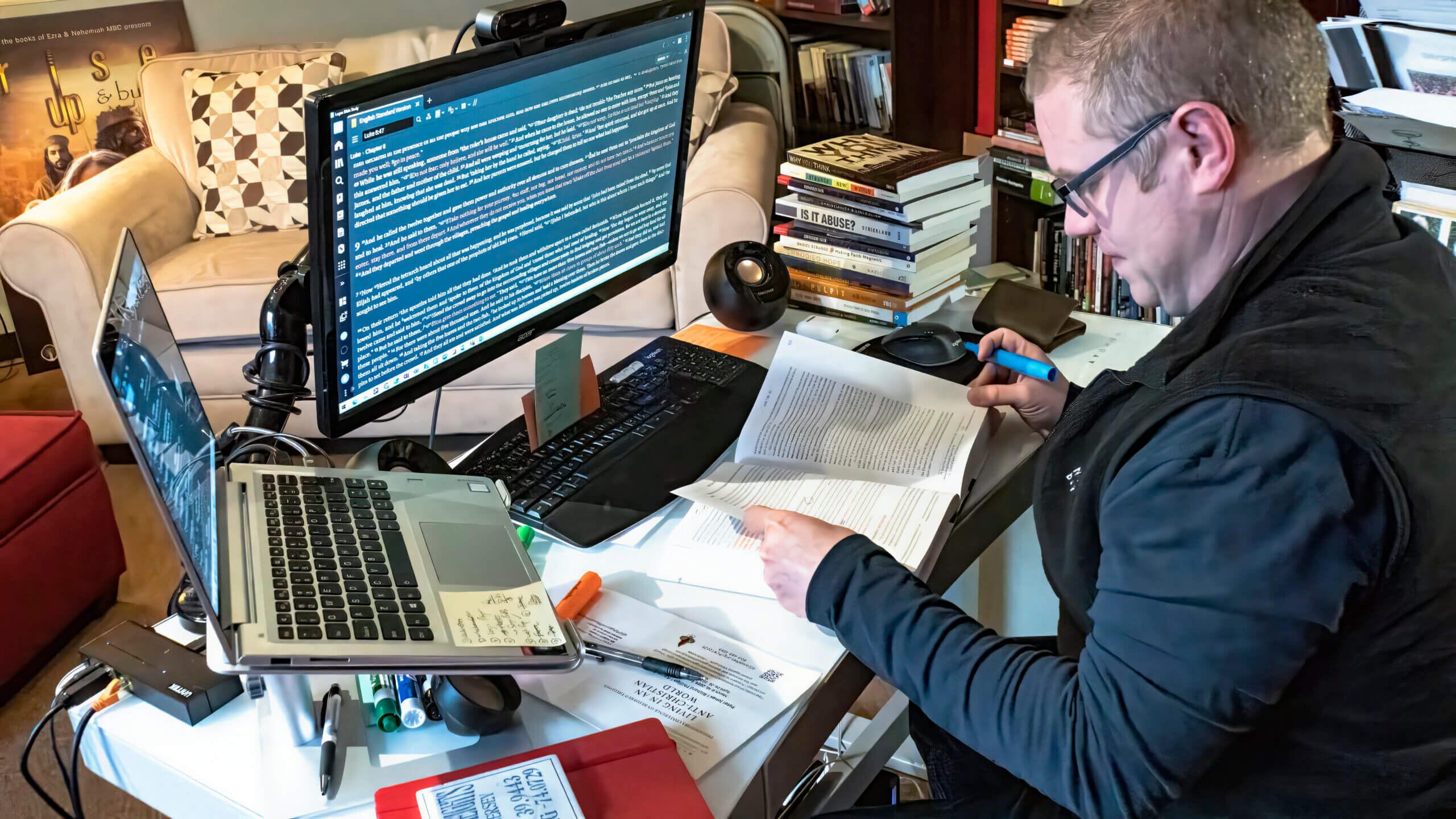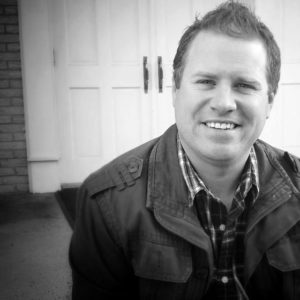Courageous Resilience in 2024

2024 is barely a month old but it feels like this weather report. People are making predictions about the stock market and the presidential election—they are estimating the amount of impending snow coming along with its ramifications. Will it be one inch or will there be a cultural avalanche? We don’t know. One thing I can predict with certainty—snow is likely coming this year so it is best to prepare for the coming storm.
The Underground Sessions seeks to accomplish two goals: equip the saints and engage the skeptics.
This entry was originally published as the first in a series of articles I will write this year for our Underground Sessions (U.S.) newsletters. For those not familiar with U.S., it is the cultural engagement and apologetics ministry arm of MBC. Our events and resources seek to accomplish two goals: (1) First, we want to equip the saints for the work of ministry—particularly in the area of Christian worldview training. (2) Second, we want to engage the skeptic with the Gospel of Jesus Christ. At Underground, we specifically attempt to find cultural touchpoints for spiritual discussion. Recently, the term cultural apologetics has been in vogue. It is exactly what we seek to do at the U.S. If want to know more about cultural apologetics, check out Paul Gould’s BOOK with the same title, or the newly minted Keller Center for Cultural Apologetics.
Resolved: 2024 will be a year of courageous resilience for Christians.

I’ll suggest one.
Resolved: 2024 will be a year of courageous resilience for Christians.

2024: A Year (Requiring) Courageous Resilience
What do I mean by courageous resilience? To have courage means we are willing to say and do what is right in the face of opposition and suffering. What’s interesting is that there is, currently, an intramural debate happening in the evangelical world regarding courageous cultural engagement. This has been called, tongue in cheek, the “winsome wars.”
To have courage means we are willing to say and do what is right in the face of opposition and suffering.
On the one hand, many will argue that our witness should be more winsome. In other words, our style should be charming and attractive to the outside world. We should win people with kindness and sound reasoning. The downside is this approach can create a tendency toward accommodation of secular cultural narratives under the guise of “mission.” This approach lacks, at times, the prophetic truth that a lost world needs to hear. It jettisons courageous truth telling and prioritizes “respect” from cultural elites for the purpose of garnering a seat at the table. Carl Trueman recently wrote an article at First Things highlighting the danger of this approach.
On the other hand, there are some who argue that, because of our cultural moment, winsome apologetics is not as effective as it once was. Today, we need to be more prophetically confrontational. We need to understand the world will hate us for what we believe. However, this should not keep us from sharing the truth. Author Aaron Ren has outlined the argument well in an article he titled, “The Three Worlds.” In summary, he outlines the positive, neutral and negative worlds (along with time periods). Since 2014, he argues, we have been living in the negative world, where true Biblical Christian faith does not have cultural swaying power. Thus, we should take Jesus words in John 15:18-19 very seriously:
If the world hates you, know that it has hated me before it hated you. If you were of the world, the world would love you as its own; but because you are not of the world, but I chose you out of the world, therefore the world hates you.

In fact, many Christians, and influential Christian leaders, are arguing just the opposite: our missional effectiveness is attuned to the secular world respecting us. To be blunt, this seems the opposite of what Jesus himself says.
Why do I raise this point? Precisely because this is the current debate surrounding cultural engagement. Should we be more winsome? Or should we be more prophetic? Of course, one can argue that you need both. I think that is true. You need both TRUTH and GRACE, which Jesus himself embodies (John 1:14). Jesus met the woman at the well in John 4 with loving truth, but he also turned over tables at the temple (Matthew 21:12-13). Both approaches, unless you are the Son of God, require true courage.
When we are courageous, there will be consequences. People will push back. As such, we must be resilient to weather the storm. No matter the snowfall totals, we plow forward in faithful obedience to Scripture. We follow the God who reveals himself in those Scriptures.
Editor’s Note: This is part one of a three part series looking at Christian worldview implications for 2024.






